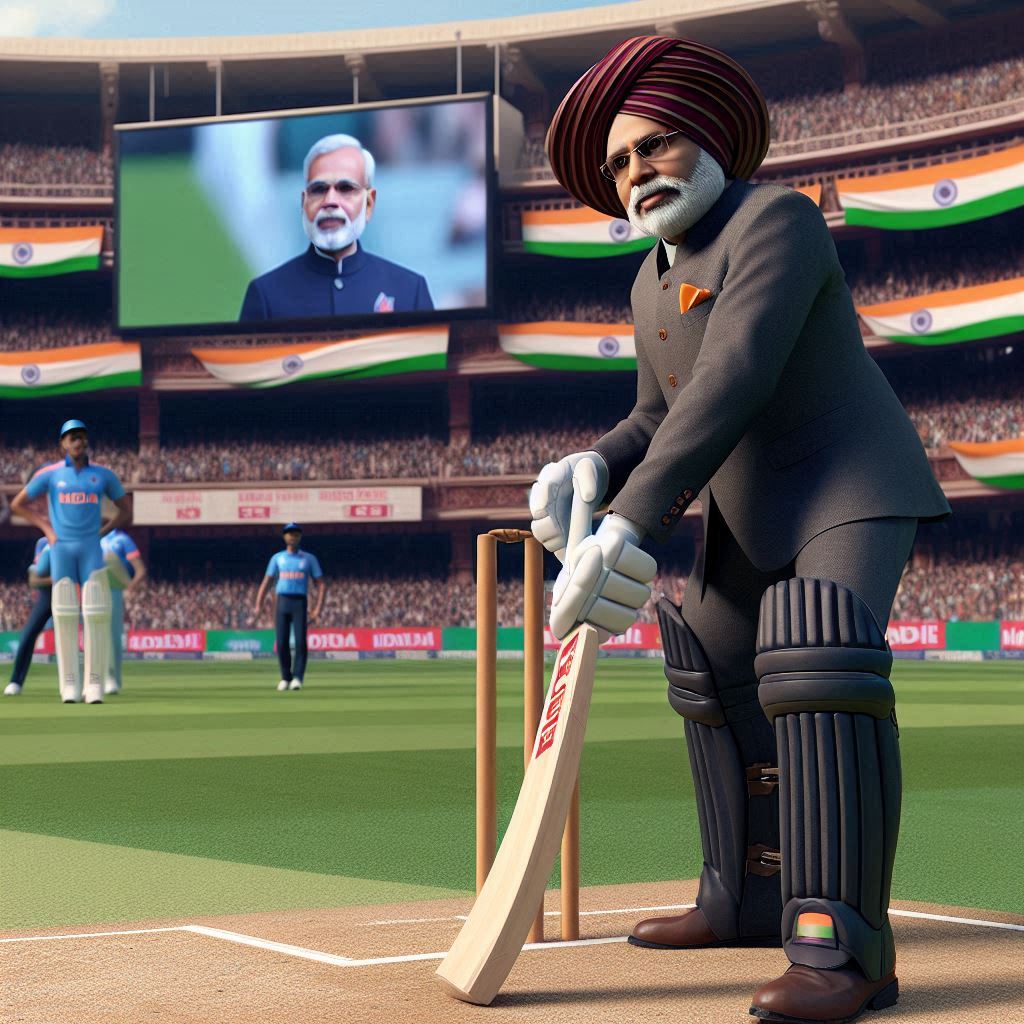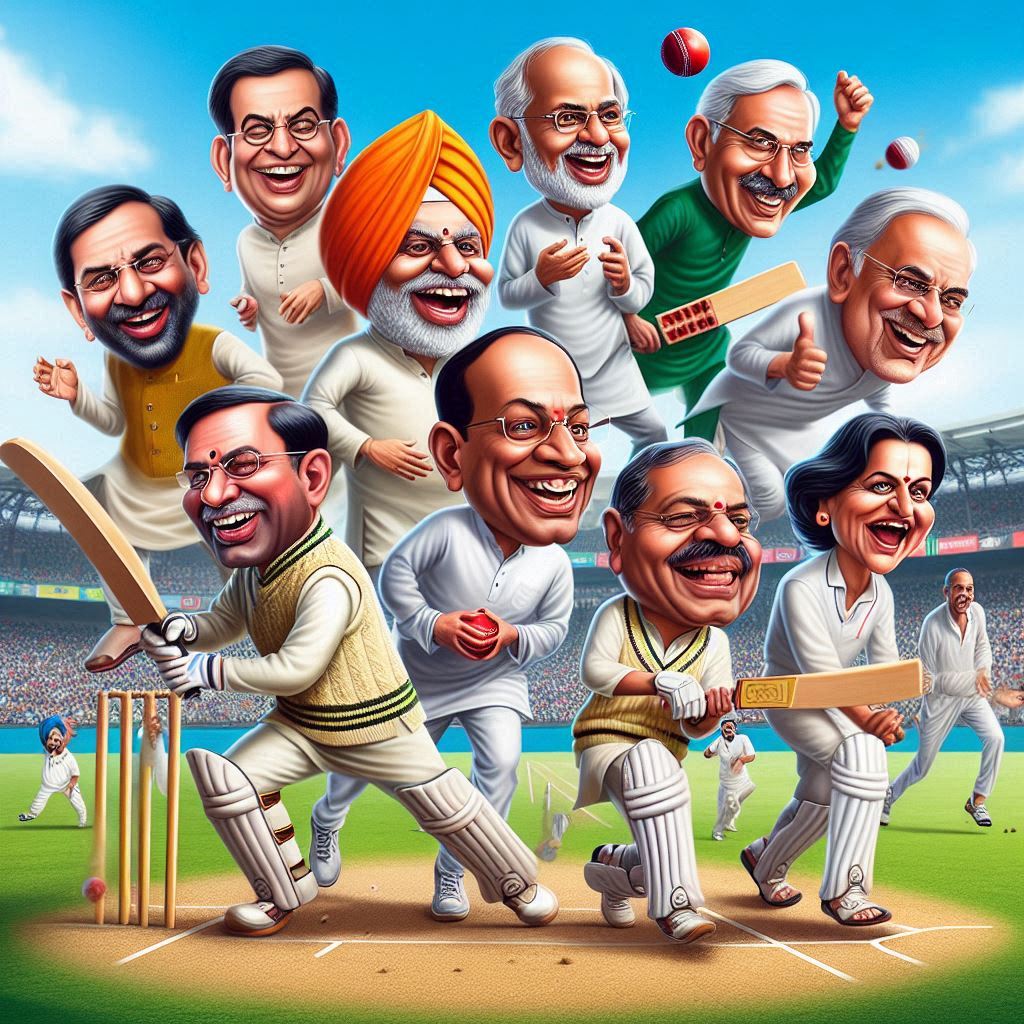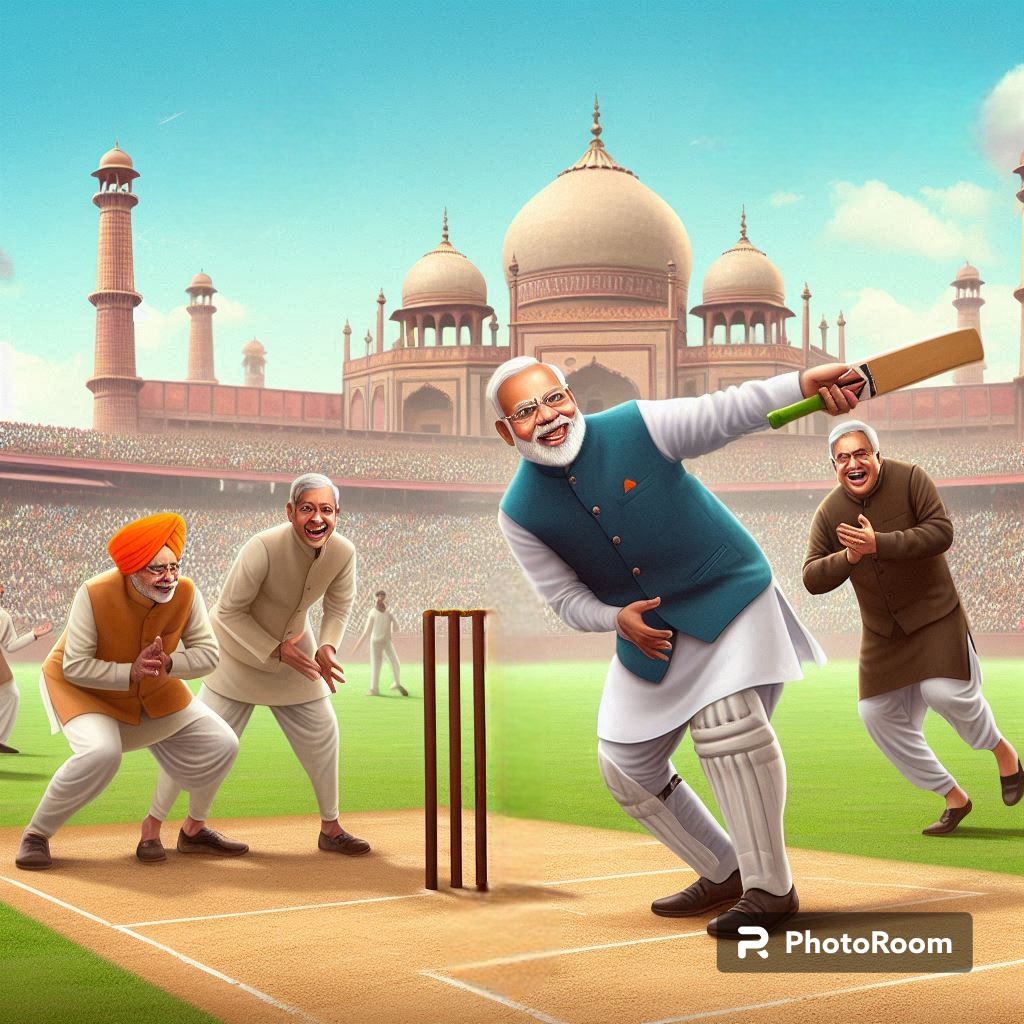In the 2024 Indian general election, Prime Minister Narendra Modi’s Bharatiya Janata Party (BJP) faced a significant reduction in seats. Despite being part of the victorious National Democratic Alliance (NDA), the BJP’s performance fell short of expectations. In the 2019 elections, the BJP secured a record 303 seats, ensuring a robust majority. However, in 2024, the party managed to win only 240 seats, failing to achieve a majority independently for the first time since 2014. This shortfall has raised questions about the effectiveness of Modi’s governance and campaign strategies. Factors such as economic concerns, regional party influence, and dissatisfaction with certain policies contributed to this outcome. Despite the NDA’s overall victory, the BJP’s reduced seat count underscores the evolving political dynamics and voter expectations in India.
Modi's Mixed Economic Record and Polarizing Politics
One of the primary reasons for the BJP’s reduced seat count is the mixed economic record and polarizing politics associated with the party. Prime Minister Modi’s administration has faced criticism for not fully delivering on economic promises. While the government has implemented numerous policies aimed at boosting economic growth, the results have been inconsistent.
Voters expressed concerns over job creation and economic stability. High unemployment rates and economic disparities have been significant issues, leading to dissatisfaction among the electorate. Additionally, the BJP’s approach to politics, often seen as polarizing, has alienated some voter segments. The opposition parties capitalized on these sentiments, challenging Modi’s policies and messaging effectively
Expectations vs. Reality
In the 2019 general election, the BJP achieved a record 303 seats, securing a clear majority. However, in 2024, the party won only 240 seats, falling short of the majority mark. This decline marked the first time since 2014 that the BJP did not secure a majority on its own.
During the campaigning phase, Modi predicted a landslide victory, projecting 370 seats for the BJP and an additional 30 seats for its allies. The actual results, however, did not align with these ambitious predictions, highlighting a gap between expectations and reality.
Voter Priorities
The 2024 election results underscore the importance of economic issues for Indian voters. Economic aspirations and job creation were at the forefront of voter concerns. The Congress party, which improved its tally from 52 seats in 2019 to 99 seats in 2024, successfully tapped into these economic priorities.
Regional parties also played a crucial role. The Samajwadi Party secured 37 seats in Uttar Pradesh, while the All India Trinamool Congress won 29 seats in West Bengal. These regional dynamics significantly impacted the BJP’s overall seat count, reflecting the diverse priorities across different states.

Dependence on Allies
The BJP’s reduced seat count means that Modi now relies heavily on key allies within the NDA to maintain a majority. Parties like the Telugu Desam Party (Andhra Pradesh) and Janata Dal (United, Bihar) have become crucial partners in sustaining the coalition government. This dependence highlights the necessity of broad-based support in India’s multifaceted political landscape.
Indian voters have demonstrated that their support cannot be taken for granted. The coalition dynamics within the NDA underscore the importance of maintaining strong relationships with regional parties and addressing local issues effectively.
State-Level Dynamics
The BJP faced notable setbacks in its traditional strongholds, particularly in states like Uttar Pradesh and Rajasthan. While the party made limited gains in southern states, its efforts to expand influence in West Bengal were thwarted. These regional dynamics played a significant role in the overall electoral outcome.
Development-Related Discontent
Despite the BJP’s emphasis on development, some voters expressed discontent with the party’s approach. Rapid urbanization and infrastructure projects have led to the displacement of communities, causing resentment among those affected. The demolition of houses for development projects has been a particularly contentious issue, impacting the party’s electoral prospects.

Candidate Performance
Another critical factor in the BJP’s electoral performance was the perceived lack of engagement by some of its candidates. Voters expect their representatives to be accessible, responsive, and actively involved in addressing local issues. Instances of absenteeism or lack of visible efforts by BJP candidates may have contributed to the party’s reduced performance.
Role of RSS (Rashtriya Swayamsevak Sangh)
The RSS (Rashtriya Swayamsevak Sangh) played a nuanced role in the BJP’s (Bharatiya Janata Party) loss in the
. While direct sabotage is unlikely, several factors contributed:
- Local Disconnect: The BJP’s national focus clashed with local livelihood concerns, alienating voters.
- Economic Neglect: Despite growth claims, the BJP overlooked inequality and unemployment.
- Coalition Dynamics: Relying on allies altered the BJP-RSS relationship.
- Ticket Distribution: BJP’s choices, against RSS preferences, impacted results.



